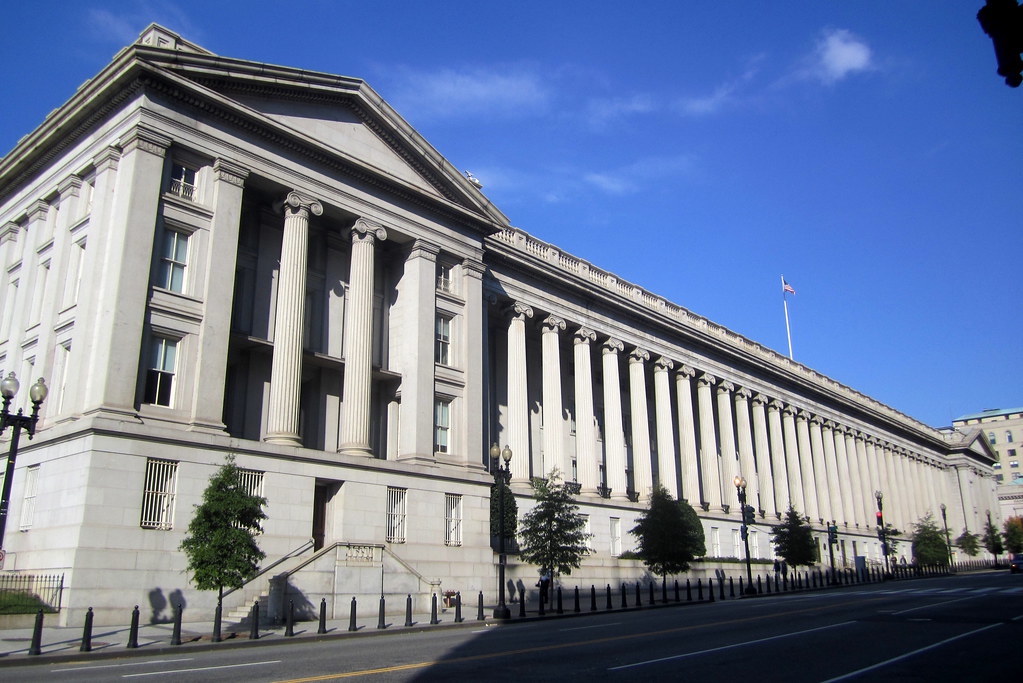
- Details
- By Chez Oxendine
- Policy and Law
Tribes need to weigh in regarding a recent Treasury rule change that certified wholly owned tribal enterprises as tax-exempt, clarifying more than 30 years of murky policy.
That message dominated a NAFOA webinar Thursday, Dec. 12. Telly Meier, partner at law firm Hob Strauss Dean & Meier, spoke alongside Ken Parsons, partner at law firm Holland & Knight. They outlined a history of tribal tax exemption and the way the new rule would interact with tribal LLCs and other kinds of corporate entities.
The rule change establishes first-time certainty for tribal enterprises, per previous Tribal Business News reporting. It creates a vehicle that tribes can use to apply for elective-pay tax credits for renewable energy projects under the Inflation Reduction Act. These entities can be treated as instrumentalities of the tribe and file directly for the credits, rather than requiring the tribe itself to do so.
Meier and Parsons both pointed to an upcoming comment period as an opportunity to reinforce that this kind of progress was what tribes needed from the IRS, even amid an upcoming administration change. The written comment period will be open until Jan. 7, 2025. The IRS will host virtual tribal consultations on Dec. 16-18 and a public hearing Jan. 17 at the IRS building in Washington, D.C.
"I think we want to stress these comments are important — this is our opportunity to clear up any kind of questions or ambiguities before they're going to start working on the final guidance," Meier said during the webinar. "After that guidance is finalized, it becomes really difficult to go back and take something we don't like out — so this is our bite at the apple right now."
The proposed regulations confirm that wholly owned, tribally chartered entities share the tribe's tax-exempt status. The rules also apply to entities owned by multiple tribal governments. Limited liability companies present more challenges — those are seen as partnerships, meaning tribal partners in the LLC will be tax-exempt while non-tribal partners won't.
However, joint ventures — companies with partial or majority tribal ownership shared with non-tribal partners — remain unaddressed and will be addressed in future guidance, according to the IRS. That's the next step, said Jamestown S'Klallam Tribe Chairman W. Ron Allen, who also joined the call.
Allen told viewers that NAFOA "wasn't letting go" of securing tax exemptions for corporations majority-owned by tribes. He thinks the incoming administration under President-elect Donald J. Trump would be on board too, since more revenue streams would theoretically lower tribes' reliance on the federal government.
"We're all very zeroed in on it to make it happen," Allen said. "With these corporations, we can generate unrestricted revenue that makes us less dependent on the federal government, and I think that's a theme that works with this administration."
The speakers expressed confidence that the updated Treasury rule would survive the change of administration at the federal government. Parsons said uncertainty around tribal tax statuses has not only mired tribes in complexities but also the IRS.
He pointed to an ongoing IRS moratorium on auditing tribal finances until tax certainty is established — a situation the rule would resolve. "Everyone has an incentive to finalize these rules — so I don't think we need to be too worried," Parsons said.
The speakers urged viewers to focus on influencing the rule change during the final comment period. They stressed the importance of feedback on potential rule issues — particularly to ensure remaining questions are answered around things like excise and employment taxes for tribally chartered enterprises — was the immediate focus.
"There's strength in numbers," Meier said. "The more comments, the stronger the voice, and the stronger support we provide for our allies within Treasury and IRS for these positions, and the better our chances for getting guidance that we like."
